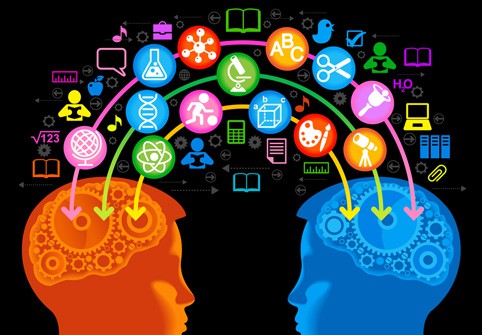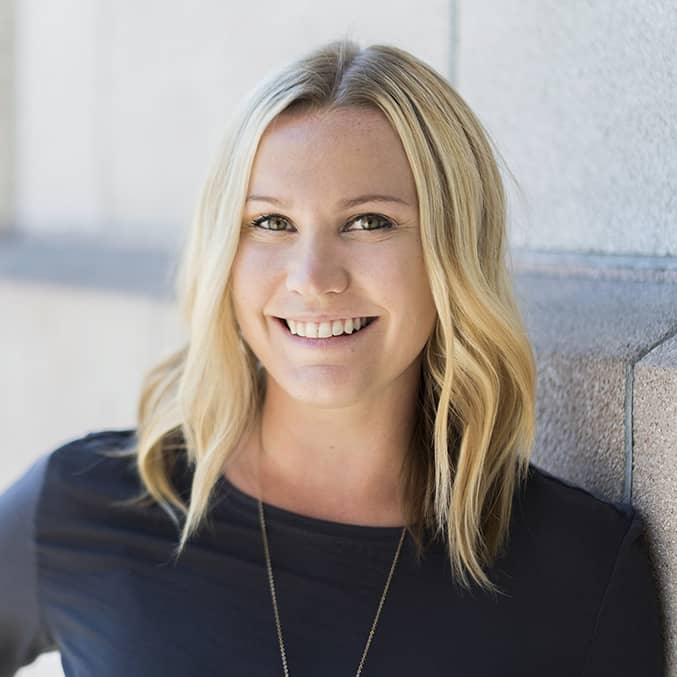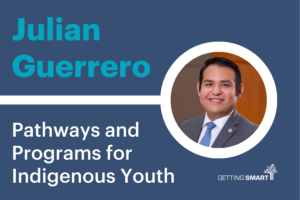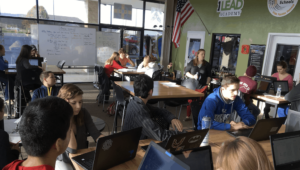STEM Summit: Learning in the Digital Age

Scientific American & Macmillan Science and Education hosted a STEM and science summit last week at the NYC Google headquarters. The smaller event brought together thought leaders from the science, traditional education, university systems, startups and the corporate world for the STEM Summit: Learning in the Digital Age.
The day started off strong with an introduction from Robert Lue, Professor of the Practice of Molecular and Cellular Biology at Harvard University. He is not only the Faculty Director of the Derek Bok Center for Teaching and Learning at Harvard but also pioneered the university’s efforts with massive open online courses (MOOCs) as the director of HarvardX.
Lue believes that we need to focus on three things: expand access to the world, enhance teaching and learning online and on campus and teaching and learning through research. He stated that although this past year was coined the “year of the MOOC”, it is actually the post MOOC era. Classes don’t necessarily need to be massive but can still be open online or just be online and generate results, conversations and deeper learning. His coined term for what he often uses with his students was OLA or Online Learning Activity.
The first panel consisted of Jaime Casap the Global Education Evangelist for Google, Sarah Miller of University of Wisconsin, Madison, Linda Rosen of Change the Equation, and Tim Stelzer of University of Illinois at Urbana-Champaign discussing rethinking education.
There were 3 major points:
-
The infiltration of technology: in our lives and how to properly incorporate that in the classroom. How do we learn something new and adapt? We need to connect the dots from the classroom to employers.
-
Degrees: 2 year degrees and certificates remain very important for technical fields. Jamie made the bold statement that one day Google will be able to conduct their own assessments of students and it won’t matter where you went to school.
-
Life-long learners: what is the point of a 4 or 2 year degree? We want to raise curious students who want to continue learning their entire lives, not only pass tests and assessments.
The second panel was called Going Digital: Hype and Hope with Mike Berlin of Macmillan New Ventures, Jose Ferreira CEO Knewton, Peter Norvig of Google, Sujeet Rao from the U.S. Department of Education. The topic was data and what do we do with it? There are open commons, itunes stores, Coursera, EdX and other products/apps that allow for the sharing of data and information but it brings up the question of what do you do with the data and who profits from it?
The statement that stuck with me the most from the day was from Robert Lue. He stated that he will be disappointed in five years if what he predicted is the truth or outcome. He hopes that there is a transformation in the role of Higher Education in the ecosystem of knowledge ie: with Government, public sector, K12, public media, private enterprise and cities and communities. These clusters of institutions will hopefully encourage innovation in learning and teaching.





TechyKids Canada
STEM education is so important for kids, it can help them to develop and enhance so many life essential skills. Thanks for sharing such an informative post, I am sure it would help many to understand the importance of STEM education.